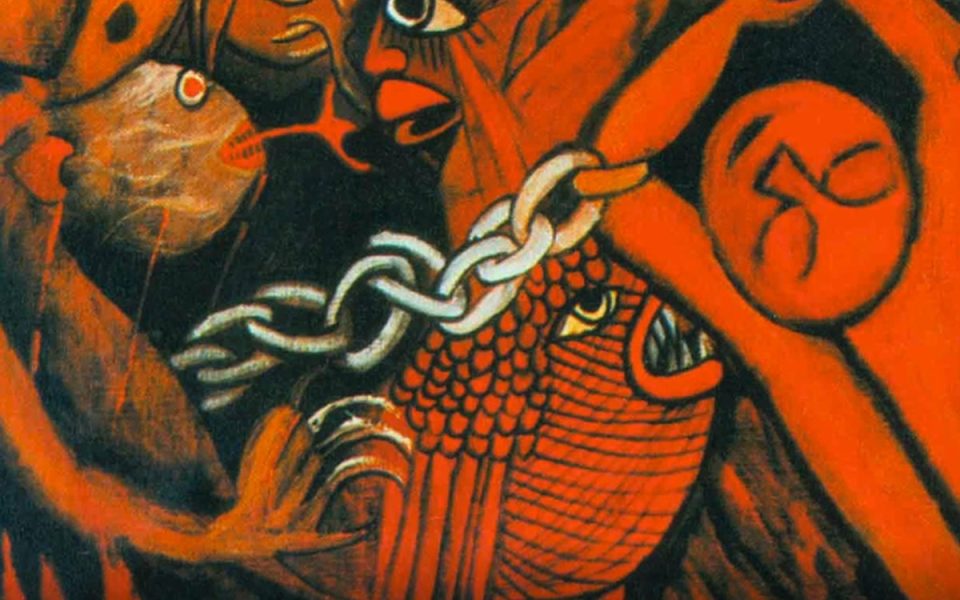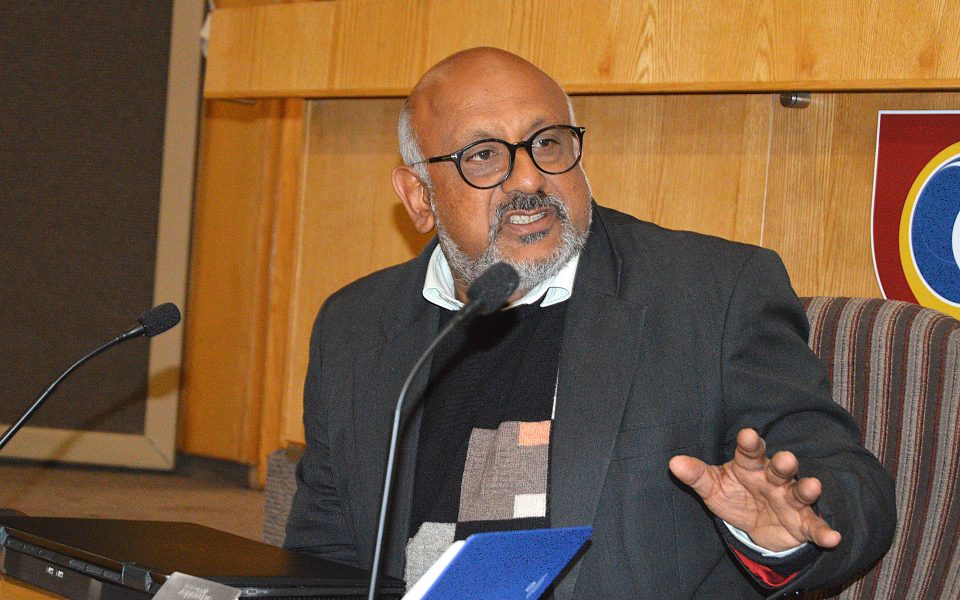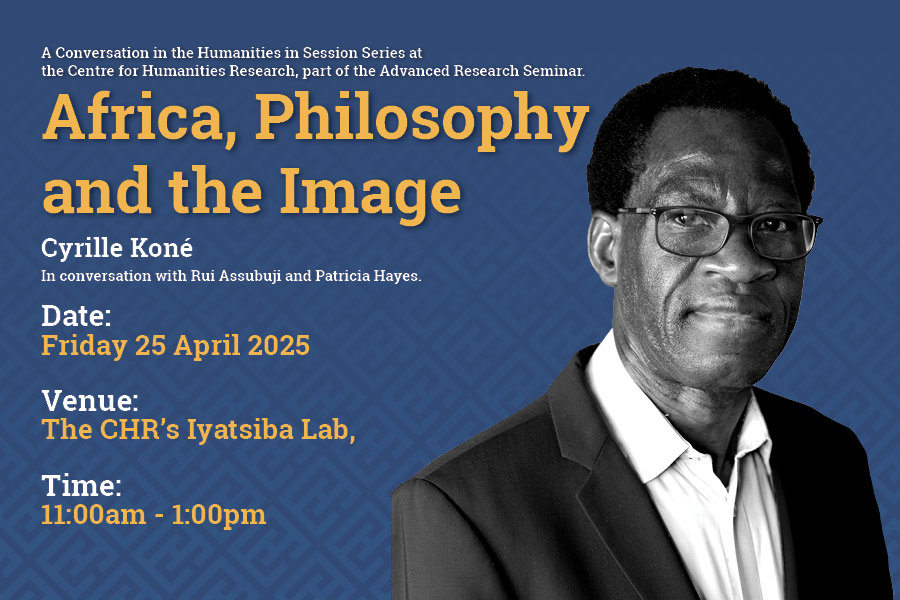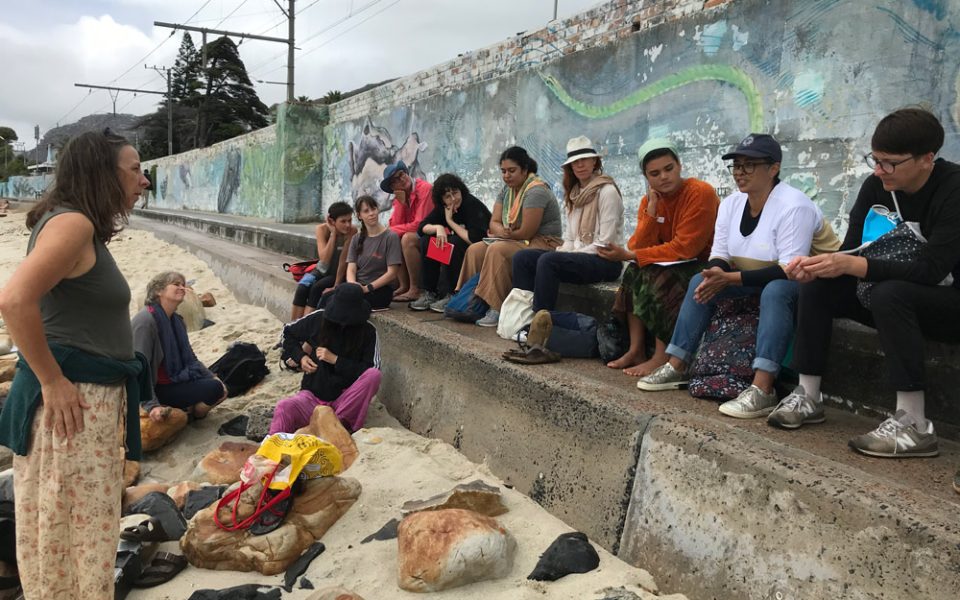A Future Museum Against Apartheid

This short documentary film, A Future Museum Against Apartheid, showcases the work of the Art Against Apartheid collection. Beginning in the early 1990s, a group of artists in France were still grappling with fallout of Nazi Germany and the German occupation of France as they grew increasingly concerned about apartheid in South Africa. Lead by Ernest Pignon-Ernest, the group formed Artistes du monde contre l’apartheid (Artists of the World Against Apartheid) and put out a call to artists, asking them to contribute work that would raise awareness about apartheid and promote global opposition to racism. The response was astounding: 85 artists donated artwork, 15 contributed posters that would be reproduced and sold to raise money in support of the initiative, and 10 writers penned work for the exhibition catalogue. One of the essays in the catalogue was by the philosopher, Jacques Derrida, who noted, “The collection offered here will form the basis of a future museum against apartheid.”
The exhibition debuted in Paris in 1993 and then traveled throughout the world to amplify its anti-racist message and rally support for black liberation. The idea was that it would be an “itinerant museum” until it could be gifted to the first democratically-elected government of South Africa. In 1995, Nelson Mandela accepted the impressive assortment of paintings, sculptures, prints, and documents of the Art Against Apartheid project on behalf of the people of South Africa, and it is now housed in the UWC Robben Island-Mayibuye Archives at the University of the Western Cape. Paige Sweet made the film about this collection while in residence as a Mellon Postdoctoral Fellow at the Centre for Humanities Research (DST NRF Flagship) in conjunction with the documentary film class led by Francoise Verster and with the generous assistance of Hamilton Budaza at the Mayibuye Archives, who provided privileged access to the art and a wealth of knowledge about it. Paige titled the film with reference to Derrida’s words because of their reminder that our collective future continues to demand that we oppose racism in all forms, in all places.




